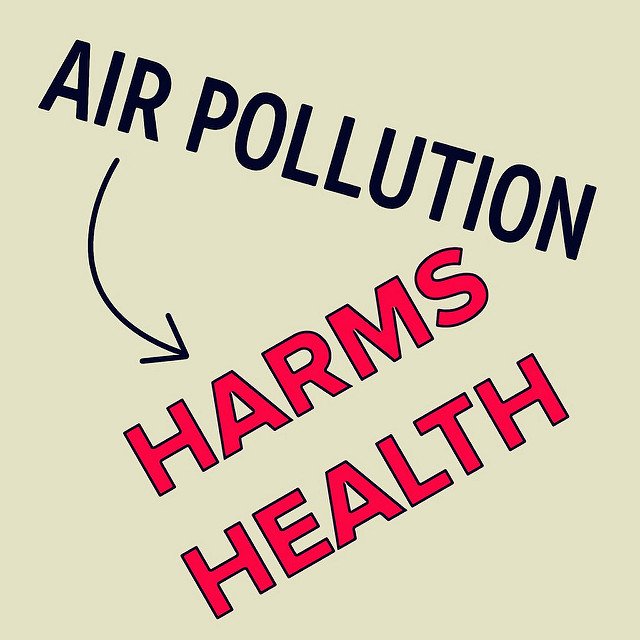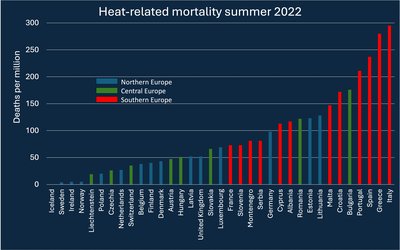
Air pollution is a serious health concern in many parts of the world. Several studies have shown that life expectancy is reduced even in moderately polluted areas, by fine particles and ozone, the two air pollutants of most concern for public health.
Projections of air quality changes over Europe under climate change are highly uncertain, however. This was shown for a scenario of global warming of 2°C above pre-industrial climate and for two indicators of air quality: the fraction of fine particulate matter (smaller than 2.5 μm) and an indicator for ozone pollution.
The results show that the simulated effects of regional climate change on the two air quality indicators are generally small and vary greatly from one model to another. The levels of fine particulate matter are only slightly affected by regional climate change. These levels clearly increase over Spain and southern France, driven by changes in dust emissions, and decrease over southwestern Russia and the Ukraine, due to lower sulphate, nitrate and ammonium aerosol concentrations. Over the other parts of Europe, the projected changes of fine particulate matter are not clear. The impact of regional climate change on fine particulate matter mainly stems from changing natural emissions, such as desert dust (due to dryer soils and stronger winds over North Africa and Spain), sea salt and biogenic volatile organic compounds. These changes in particulate matter cannot easily be controlled by policy measures.
Also climate-induced changes in ozone vary greatly from one model to another. In fact, no clear conclusion can be drawn about ozone changes in the future climate.
Source: Lacressonnière et al., 2016. Climatic Change 136: 309–324.
Photo: Environmental illness Network’s photostream (www.flickr.com)








